
Bejaia: The Mediterranean Gem of Algeria
Nestled along the azure waters of the Mediterranean Sea, Bejaia is a city of stunning natural beauty and rich cultural heritage. This charming coastal city offers a perfect blend of vibrant urban life and serene landscapes. The dramatic Kabylie Mountains form a picturesque backdrop to Bejaia, providing numerous opportunities for hiking and nature excursions. The city's history is deeply rooted in its ancient past, dating back to Phoenician and Roman times. Bejaia's old town, known as the Casbah, is a labyrinth of narrow streets, historical buildings, and bustling markets. The architecture here is a testament to the city's diverse influences, from Berber to Ottoman. A visit to the iconic Fort Gouraya offers breathtaking panoramic views of the city and the sea, while also serving as a reminder of Bejaia's strategic importance throughout history. Bejaia's coastline is dotted with charming beaches and coves, perfect for relaxation and water activities. The Cap Carbon Lighthouse, perched on a high cliff, is one of the tallest lighthouses in the Mediterranean and provides spectacular views. The city's vibrant port area is another highlight, where visitors can enjoy fresh seafood and experience the local maritime culture. With its blend of natural beauty, historical depth, and lively atmosphere, Bejaia is a captivating destination for any traveler.
Local tips in Bejaia
- Visit Fort Gouraya early in the morning to avoid crowds and enjoy the best views.
- Explore the Casbah on foot to fully appreciate its historical charm and hidden gems.
- Try local seafood dishes at the port for an authentic taste of Bejaia's maritime heritage.
- Pack comfortable shoes for hiking in the Kabylie Mountains.
- Learn a few basic French phrases, as it is widely spoken in Bejaia.
Bejaia: The Mediterranean Gem of Algeria
Nestled along the azure waters of the Mediterranean Sea, Bejaia is a city of stunning natural beauty and rich cultural heritage. This charming coastal city offers a perfect blend of vibrant urban life and serene landscapes. The dramatic Kabylie Mountains form a picturesque backdrop to Bejaia, providing numerous opportunities for hiking and nature excursions. The city's history is deeply rooted in its ancient past, dating back to Phoenician and Roman times. Bejaia's old town, known as the Casbah, is a labyrinth of narrow streets, historical buildings, and bustling markets. The architecture here is a testament to the city's diverse influences, from Berber to Ottoman. A visit to the iconic Fort Gouraya offers breathtaking panoramic views of the city and the sea, while also serving as a reminder of Bejaia's strategic importance throughout history. Bejaia's coastline is dotted with charming beaches and coves, perfect for relaxation and water activities. The Cap Carbon Lighthouse, perched on a high cliff, is one of the tallest lighthouses in the Mediterranean and provides spectacular views. The city's vibrant port area is another highlight, where visitors can enjoy fresh seafood and experience the local maritime culture. With its blend of natural beauty, historical depth, and lively atmosphere, Bejaia is a captivating destination for any traveler.
When is the best time to go to Bejaia?
Iconic landmarks you can’t miss
Cascades Kefrida
Discover the refreshing beauty of Cascades Kefrida in Algeria, a natural haven with stunning waterfalls and lush landscapes perfect for exploration.
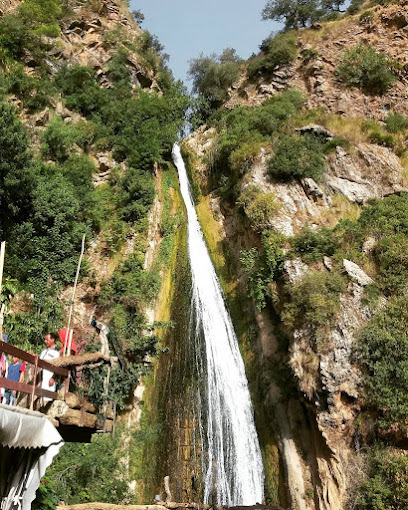
Gouraya National Park
Discover Algeria's Gouraya National Park: a Mediterranean jewel of biodiversity, dramatic landscapes, and Berber heritage.
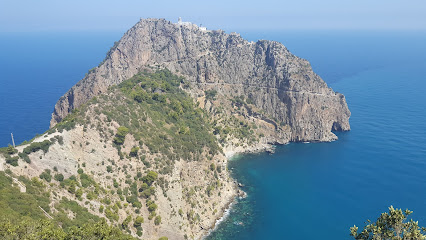
Sea breeze
Experience the serenity of Béjaïa's Sea Breeze: stunning Mediterranean views, cultural experiences, and relaxation on the Algerian coast.
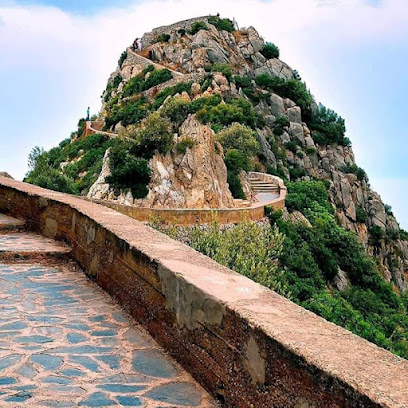
يما قورايا
Explore Yemma Gouraya in Béjaïa: A mountain steeped in history, offering panoramic views and a touch of local legend.
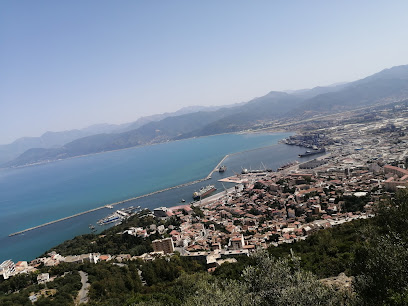
Fort Yemma Gouraya 660 m
Explore Fort Yemma Gouraya in Béjaïa: History, stunning views, and local legend atop Gouraya Mountain in a UNESCO Biosphere Reserve.
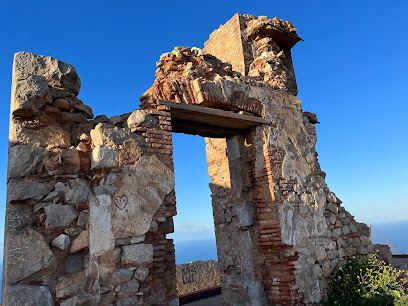
Pic des Singes
Hike to the summit of Pic des Singes in Béjaïa for breathtaking views and encounters with Barbary macaques in their natural habitat.
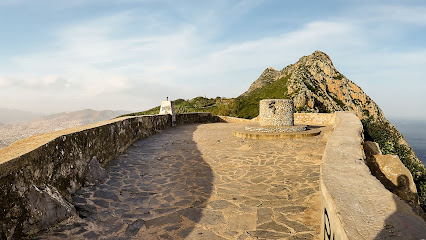
Casbah de Béjaïa
Explore the historic Casbah de Béjaïa, a landmark showcasing a blend of architectural styles and a rich history by the Mediterranean Sea.
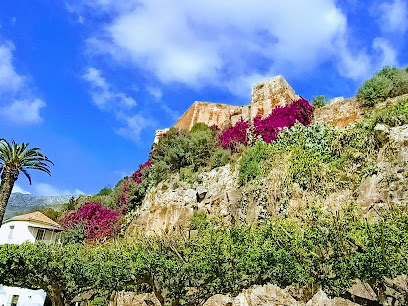
Place Gueydon
Explore Place Gueydon in Béjaïa, a vibrant historical landmark reflecting Algeria's rich culture and offering a taste of local life.
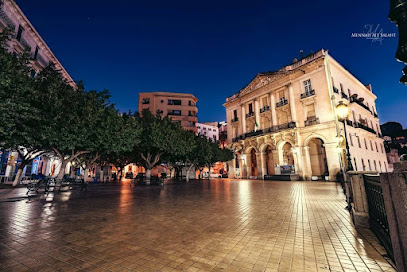
Brise de mer
Escape to Béjaïa's Brise de Mer: a tranquil coastal park with stunning sea views, perfect for relaxation and enjoying the Mediterranean breeze.
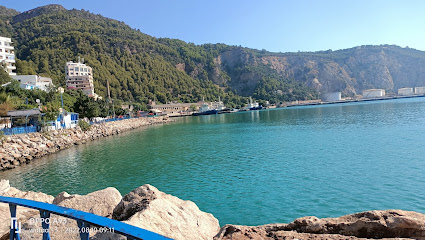
Musée Bordj Moussa
Discover history and culture at Musée Bordj Moussa in Béjaïa, a 16th-century fortress with panoramic views and diverse exhibits from Algeria's past.

Bab El Fouka
Explore Bab El Fouka in Béjaïa, Algeria: a historical landmark offering stunning views and a glimpse into the region's rich cultural heritage.
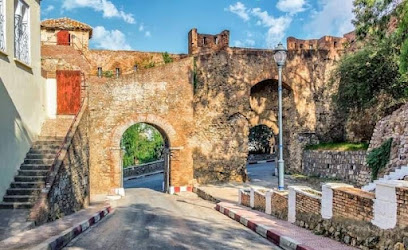
Axxam n waman n Tuǧa
Discover the historical and cultural significance of water at the Axxam n Waman n Tuǧa museum in Toudja, Algeria.
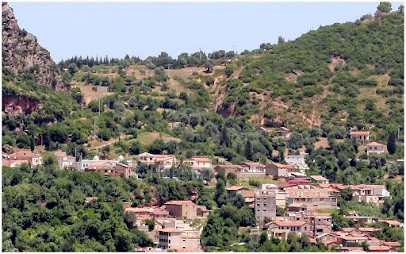
Maison de l'Artisanat de Béjaïa
Discover authentic Algerian handicrafts at Maison de l'Artisanat de Béjaïa, showcasing the region's rich cultural heritage and supporting local artisans.
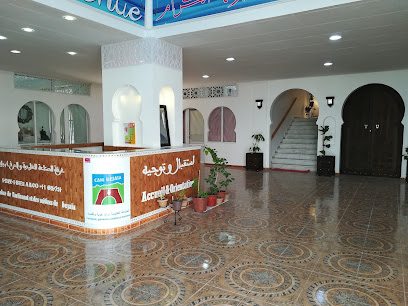
Glaces Chez Alili
Indulge in delightful ice cream at Glaces Chez Alili, a local favorite in Béjaïa, offering a sweet taste of Algerian culture and a refreshing escape.
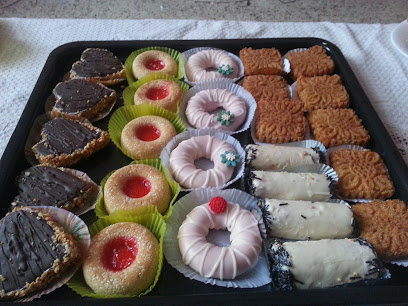
Manuel-Teixeira-Gomes Square
Experience the vibrant heart of Béjaïa at Manuel-Teixeira-Gomes Square, a cultural crossroad where history meets the present day.
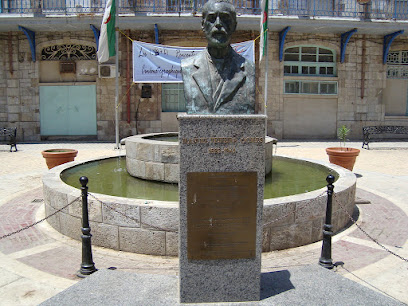
Unmissable attractions to see
Sea breeze
Discover Sea Breeze in Béjaïa: Where Mediterranean views meet Algerian culture. Relax on sandy shores and explore vibrant local life.
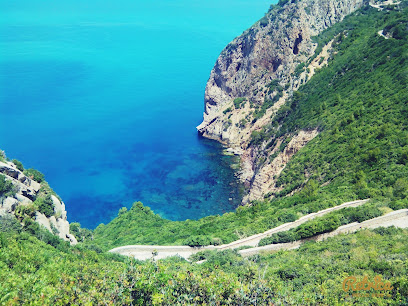
Attractions Touristiques Cap Carbon
Discover Cap Carbon in Béjaïa: breathtaking views, hiking trails, and the iconic lighthouse await on Algeria's Mediterranean coast.
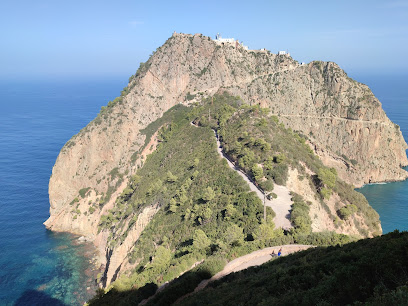
Bejaia Amusement park
Experience thrilling rides, live shows, and family-friendly activities at Bejaia Amusement Park, a must-visit destination in Bejaia, Algeria.
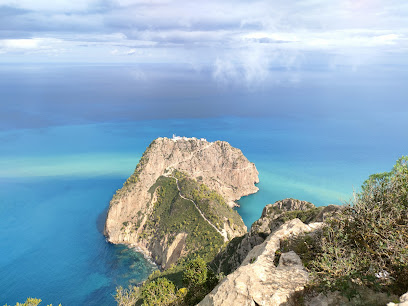
Plage Les Aiguades
Discover Plage Les Aiguades in Béjaïa: Golden sands, turquoise waters, and stunning scenery combine for the perfect Algerian escape.
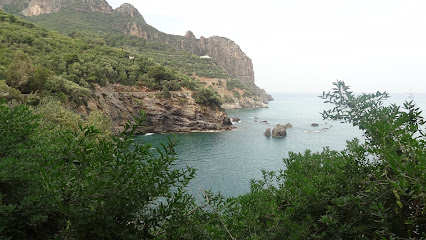
Brise de mer
Escape to Béjaïa's Brise de Mer: A tranquil coastal park with stunning sea views, perfect for relaxation and enjoying the Mediterranean breeze.
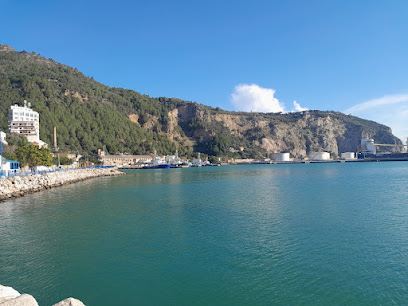
Parc de loisirs de Béjaia - Alivava
Experience thrilling rides & family fun at Béjaïa's premier amusement park. A must-visit destination for a delightful day of recreation and amusement!
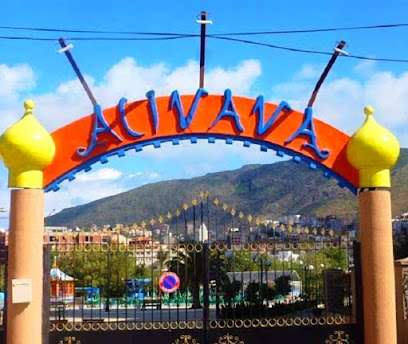
Musée Bordj Moussa
Explore Béjaïa's rich history at Musée Bordj Moussa, a 16th-century Spanish fort transformed into a captivating museum with stunning city views.

Bab El Fouka
Explore Bab El Fouka in Béjaïa, a historic gateway offering stunning views and a glimpse into Algeria's rich past.
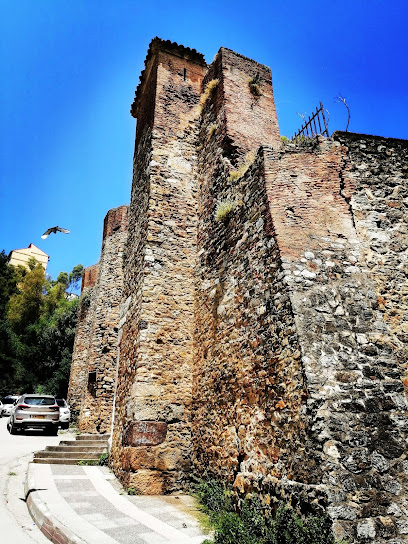
Aire de repos
Enjoy thrilling rides and family fun at Béjaïa's premier amusement park, a perfect spot for a memorable day out.
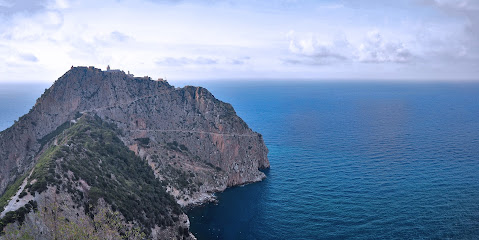
Porte Sarasine
Explore Porte Sarasine in Béjaïa, where history meets the Mediterranean, offering breathtaking views and a glimpse into Algeria's cultural heritage.
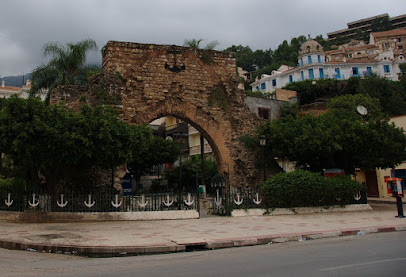
Saket beach
Discover Saket Beach in Béjaïa: a serene coastal escape with golden sands, clear waters, and delicious Algerian cuisine.
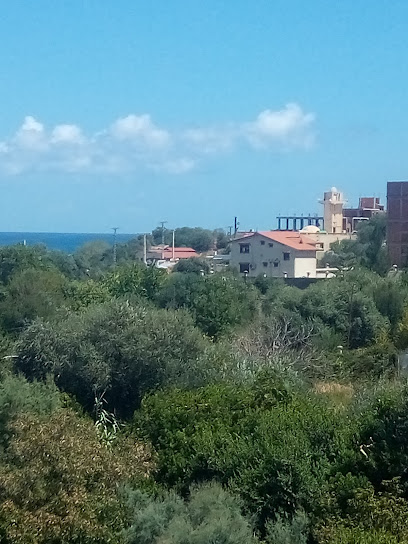
Route touristique
Discover breathtaking hiking trails and stunning coastal views along Béjaïa's Route Touristique, a nature lover's paradise in Algeria.
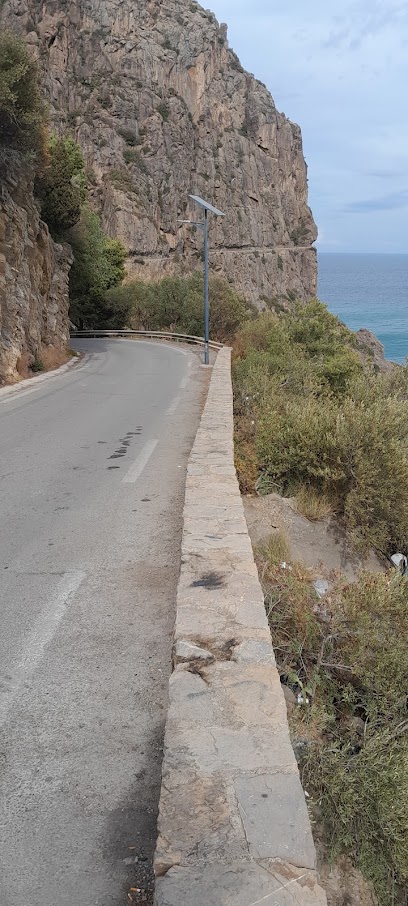
Lac Mezaïa Aamriw
Escape to the tranquility of Lac Mezaïa Aamriw in Béjaïa, Algeria, a perfect natural retreat for relaxation and outdoor enjoyment.
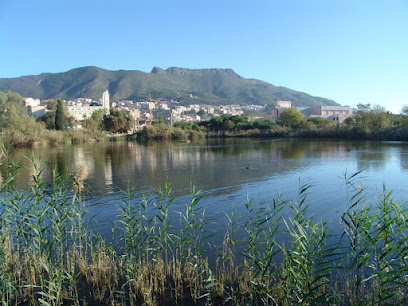
Manuel-Teixeira-Gomes Square
A serene square in Béjaïa honoring Manuel Teixeira Gomes, former president of Portugal and a man of letters.
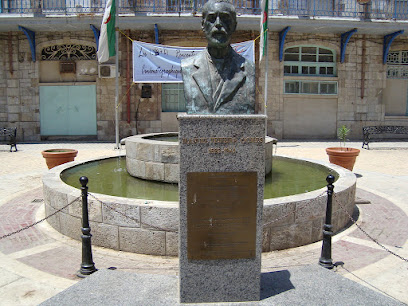
Nizla
Escape to Nizla Garden in Béjaïa: A serene oasis of lush greenery and tranquility, perfect for relaxation and nature lovers.
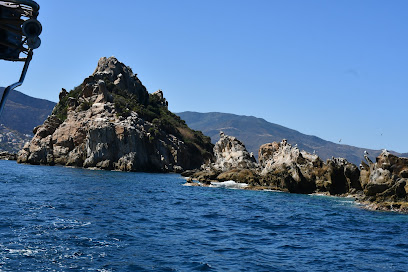
Essential places to dine
Restaurant La Citadelle
Experience the flavors of Algeria at Restaurant La Citadelle in Béjaïa - a must-visit for food lovers seeking authentic cuisine.
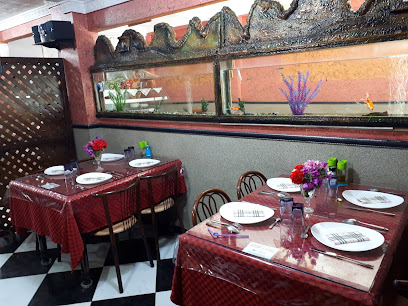
Restaurant poisson et méchoui de chevreau Brandy(Mouradi et fils)
Experience authentic Algerian cuisine at Restaurant Poisson et Méchoui de Chèvreau Brandy in Béjaïa, where fresh seafood meets traditional flavors.
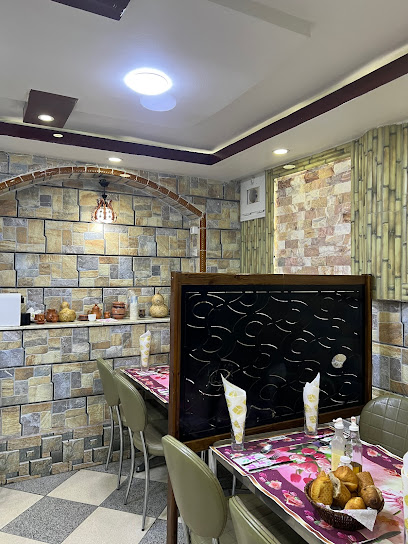
O'Feeling
Discover authentic Algerian cuisine at O'Feeling in Béjaïa – where every dish tells a story.
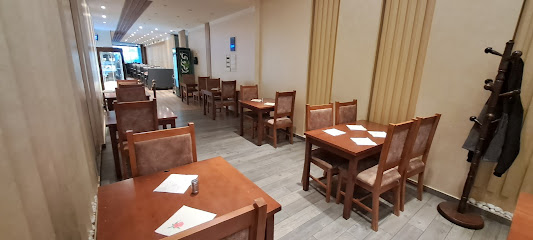
La Petite Cabane
Discover the authentic taste of Italy at La Petite Cabane in Béjaïa - where every pizza tells a story.
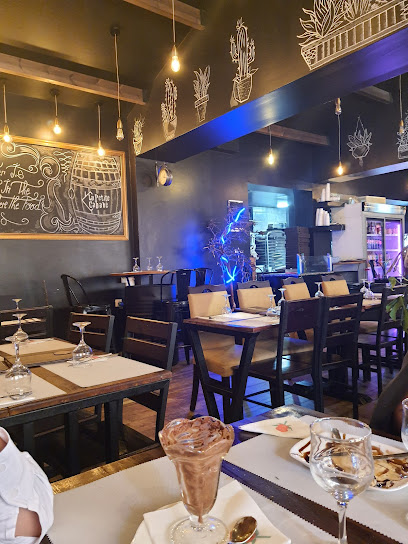
HomeBurger Bejaia
Experience the best gourmet burgers at HomeBurger Bejaia, where American flavors meet local charm in the heart of Béjaïa.
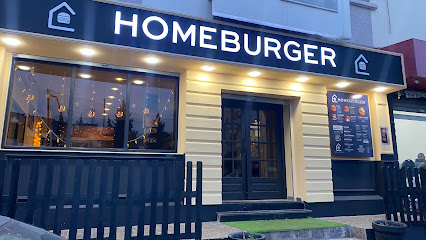
Restaurant Atbaq
Experience authentic Algerian cuisine at Restaurant Atbaq in Béjaïa—where every dish tells a story.
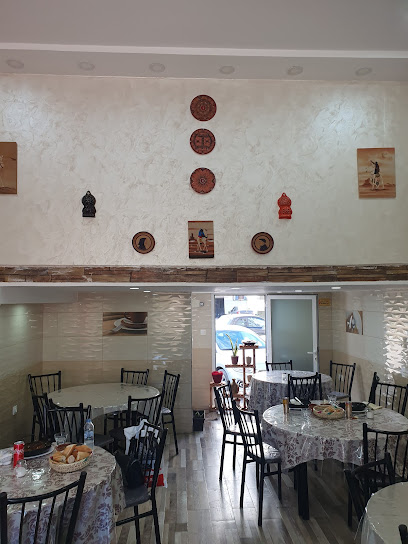
Le Rima Restaurant
Experience authentic Algerian cuisine at Le Rima Restaurant in Béjaïa, where local flavors meet exceptional hospitality.
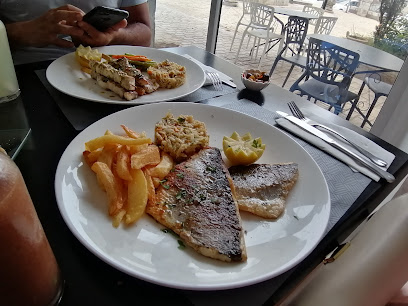
Restaurant Dar Leila
Experience authentic Algerian cuisine at Restaurant Dar Leila in Béjaïa - a culinary journey through local flavors and traditions.
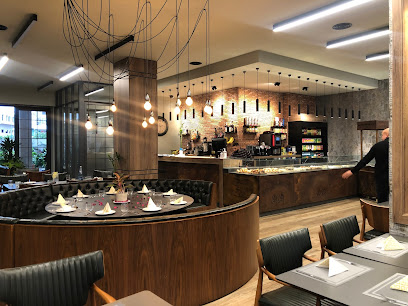
Maison L'Opéra
Discover Maison L'Opéra in Béjaïa - where local flavors meet elegant dining in an inviting atmosphere.
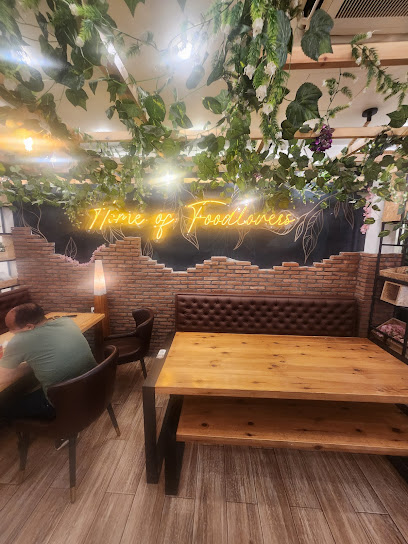
Fab Restaurant Grill
Discover authentic Algerian cuisine at Fab Restaurant Grill in Béjaïa - where every meal is a celebration of flavor and culture.
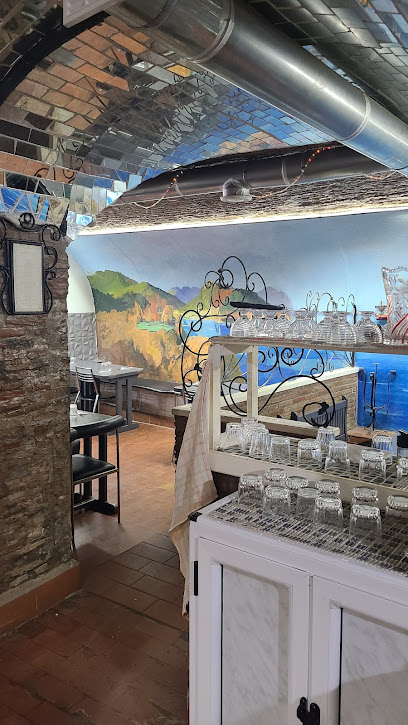
Restaurant Grillade Palace ملتقى الاحباب
Experience authentic Algerian barbecue at Grillade Palace in Béjaïa - where every meal tells a story of flavor and tradition.
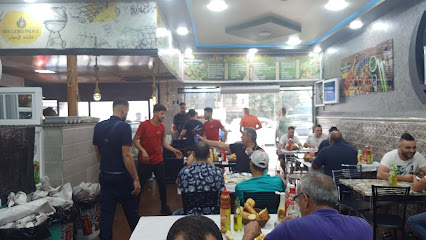
Table Gourmande
Discover delightful family dining at Table Gourmande in Béjaïa – savor local flavors in a warm and inviting atmosphere perfect for all ages.
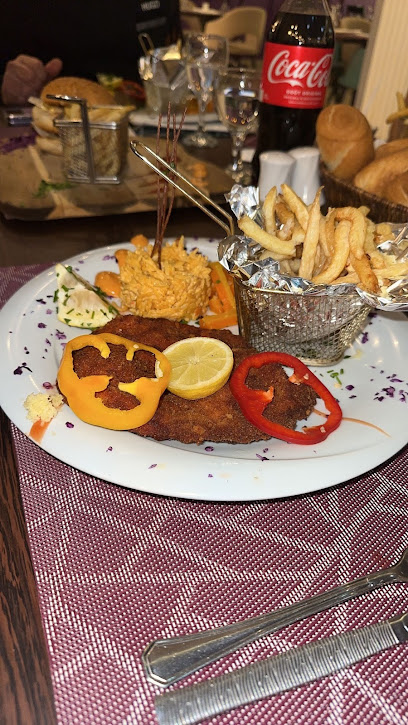
Pino Resto
Experience authentic Algerian flavors at Pino Resto in Béjaïa – where tradition meets taste in a cozy dining atmosphere.
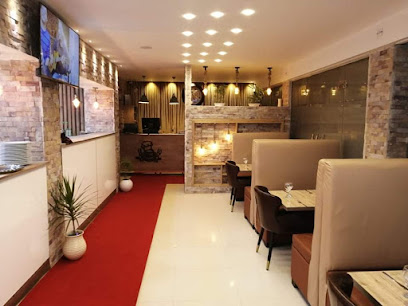
La Squadra
Discover La Squadra: where authentic Algerian cuisine meets warm hospitality in the heart of Béjaïa.
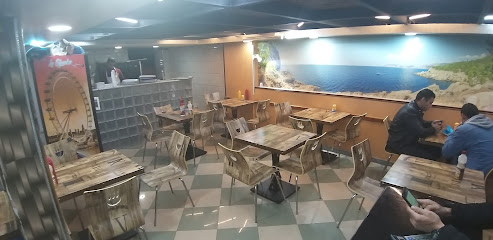
Paradise House
Experience authentic Algerian cuisine at Paradise House in Béjaïa - where every dish tells a story.
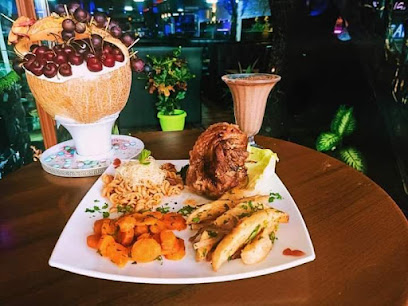
Markets, malls and hidden boutiques
Ritaj Mall
Explore the vibrant Ritaj Mall in Béjaia, Algeria, where shopping, dining, and entertainment meet in a delightful experience.
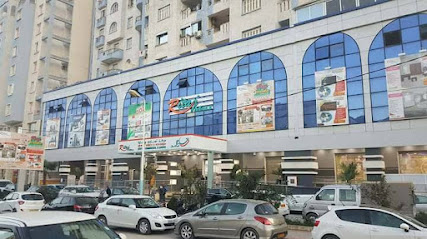
Boubaaya Center
Experience the vibrant shopping and dining scene at Boubaaya Center, the premier shopping mall in Béjaïa, Algeria.
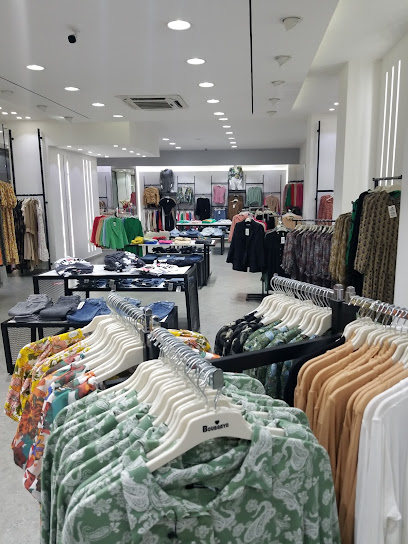
Adidas Store
Explore the Adidas Store in Béjaïa for premium athletic apparel that combines style and performance, perfect for all sports enthusiasts.
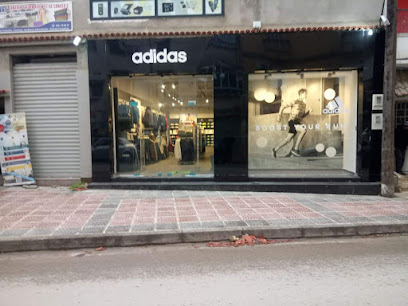
Dozz habillement
Discover the latest fashion trends at Dozz Habillement, a premier clothing store in Béjaïa, Algeria, blending style with local charm.
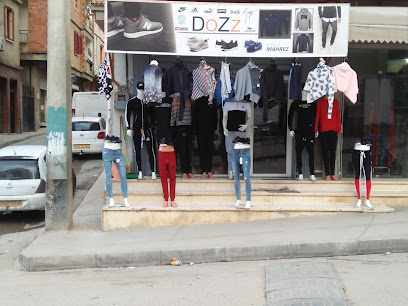
Boutique zoom bejaia
Explore the vibrant fashion scene at Boutique Zoom Bejaia, where unique style meets local charm in the heart of Béjaïa.
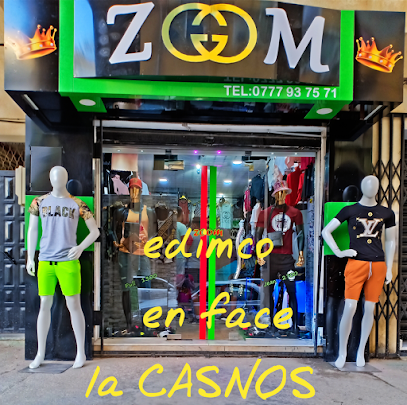
Nike Store
Explore the Nike Store in Béjaïa for the latest in athletic apparel, footwear, and exclusive designs, perfect for the active traveler.
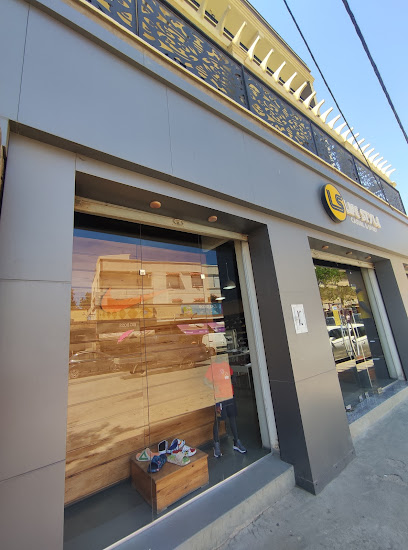
Edimco bejaia
Discover unique souvenirs and local crafts at Edimco Bejaia, the ultimate gift shop in Béjaïa, Algeria, offering a treasure trove of memories.
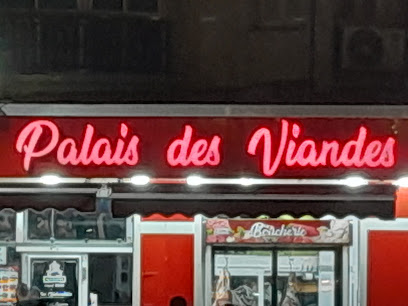
BOXOM Dz
Discover the latest trends in men's fashion at BOXOM Dz, a stylish clothing store in the heart of Béjaïa, Algeria.
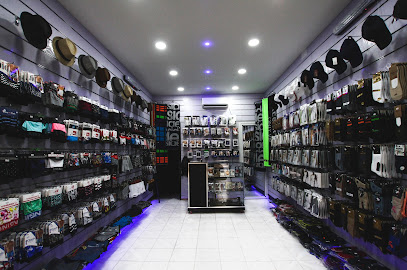
AKKOUCHE SHOPPING
Explore Akkouche Shopping in Béjaïa for exquisite lingerie selections that combine quality, style, and personalized service for an unforgettable shopping experience.

Universal Shopping
Discover trendy youth fashion at Universal Shopping in Béjaïa, where style meets vibrant culture in the heart of Algeria.
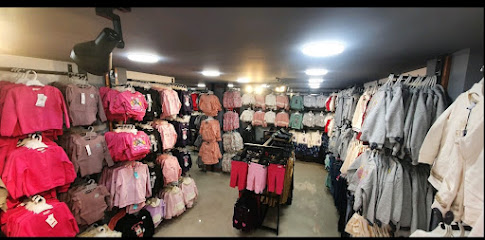
Bougie sports
Discover top-quality sportswear at Bougie Sports in Béjaïa, a must-visit for fitness enthusiasts and tourists alike.
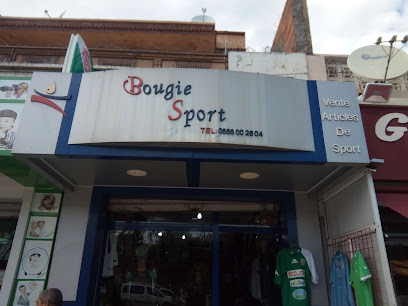
HAPPY
Explore Happy, Béjaïa's vibrant clothing store, offering a unique blend of local styles and trendy fashion for every shopper's delight.
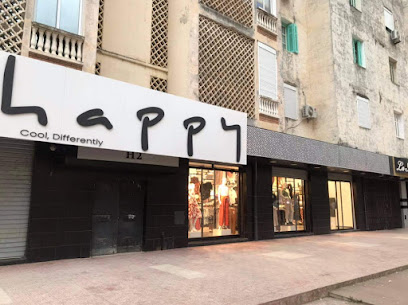
Boutique ALI Talaouit
Discover Boutique ALI Talaouit in Béjaïa for unique clothing that reflects the vibrant spirit of Algeria's culture and style.
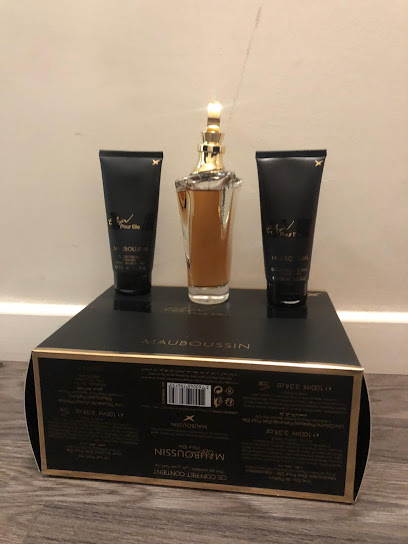
La tulipe au bonheur des dames chez A
Discover exquisite dresses and local fashion at La Tulipe au Bonheur des Dames in Béjaïa, Algeria's stylish boutique for tourists and locals alike.
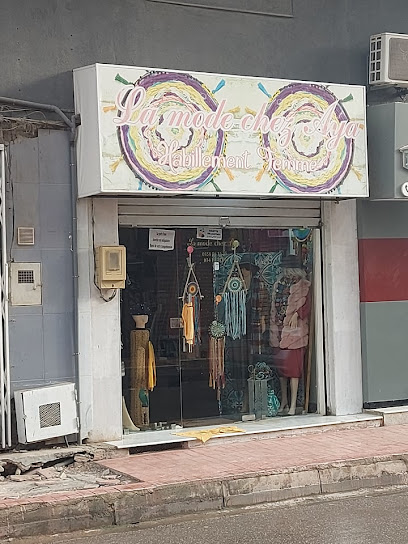
DaVinci Store
Discover fashion accessories, cosmetics, and unique souvenirs at DaVinci Store in Béjaïa, your ultimate shopping destination.
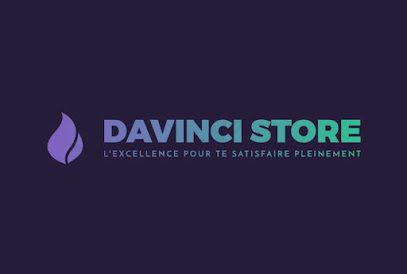
Essential bars & hidden hideouts
Westminster
Experience the vibrant flavors of grilled cuisine at Westminster in Béjaïa, where every bite tells a story of culinary excellence.
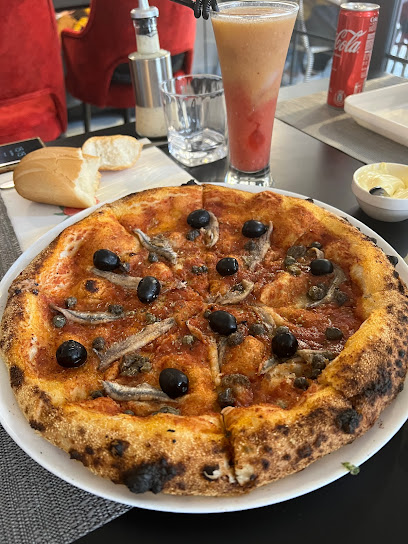
Restaurant L'Avenir
Discover the rich flavors of Algeria at Restaurant L'Avenir, a culinary treasure in Béjaïa offering a unique blend of local and international cuisine.
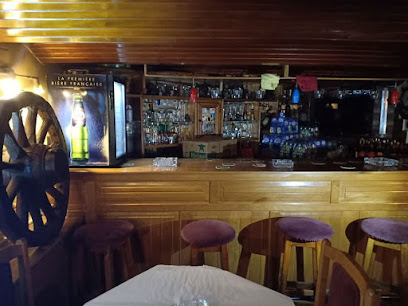
Bar restaurant Youcef la Zone
Discover the vibrant atmosphere and authentic flavors at Bar Restaurant Youcef la Zone in Béjaïa, Algeria, perfect for socializing and enjoying local cuisine.
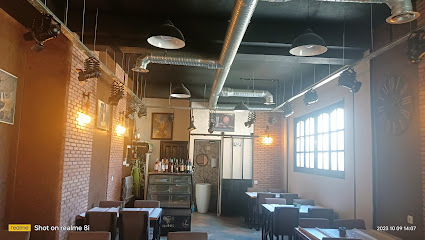
Bar Restaurant Au Savoury
Immerse yourself in Béjaïa's vibrant culture at Bar Restaurant Au Savoury, where local flavors and lively atmosphere come together.
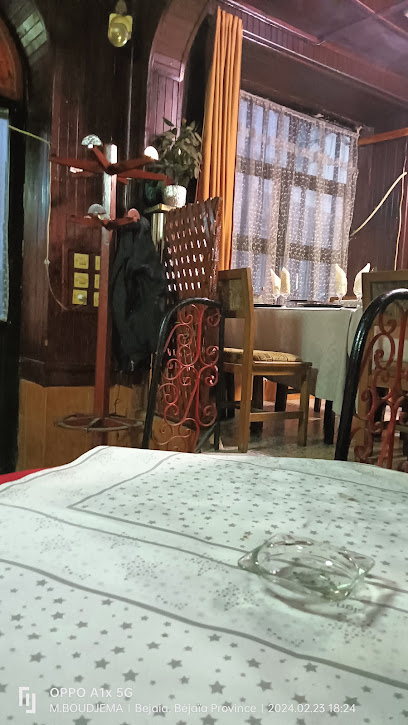
Jazz Coffee
Savor delicious fast food at Jazz Coffee, a vibrant eatery in Béjaïa that blends local culture and tasty offerings.
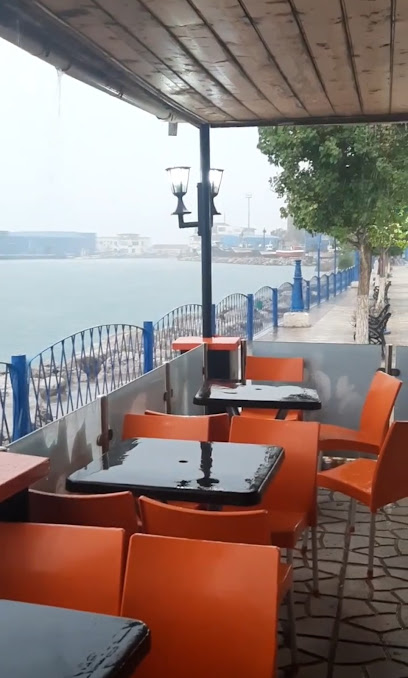
Au petit Nice
Experience the rich flavors of Algerian cuisine at Au Petit Nice, a charming restaurant in the heart of Béjaïa with stunning views.
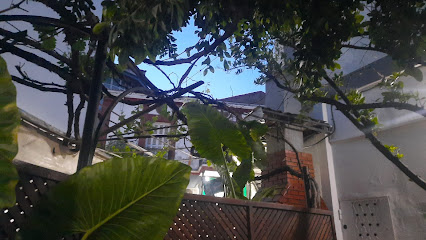
Le Coq d'Or
Discover the authentic flavors of Algeria at Le Coq d'Or, a must-visit restaurant in Béjaïa, offering a delightful dining experience.
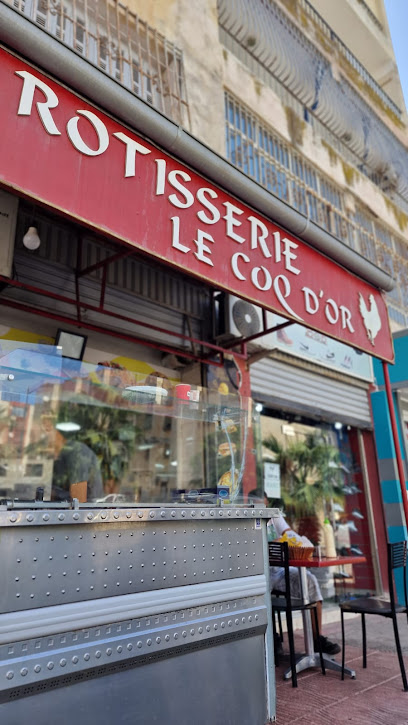
Le Malaga
Discover authentic Algerian flavors at Le Malaga, a charming restaurant in Béjaïa that promises a memorable dining experience.
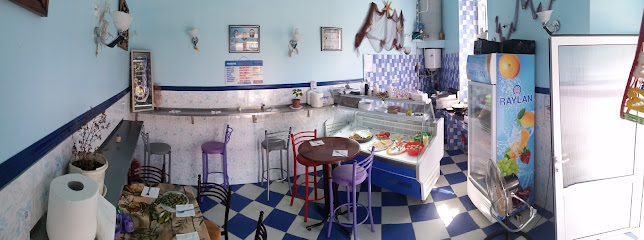
Le Pêcheur
Experience the authentic taste of Béjaïa at Le Pêcheur, where fresh seafood meets traditional Algerian hospitality.
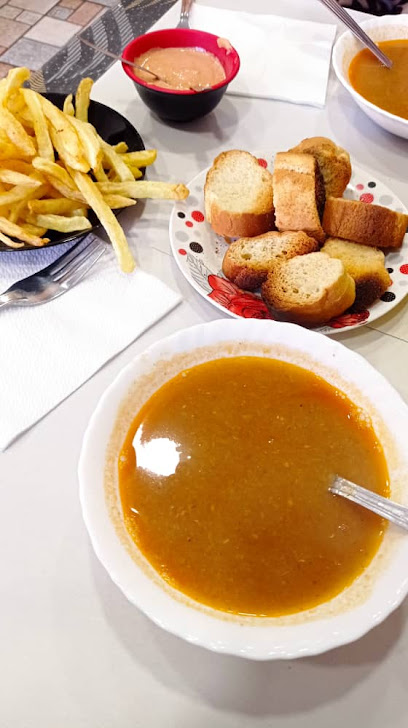
Pyramide
Discover the taste of Algeria at Pyramide, where authentic cuisine and warm hospitality converge in the heart of Béjaïa.
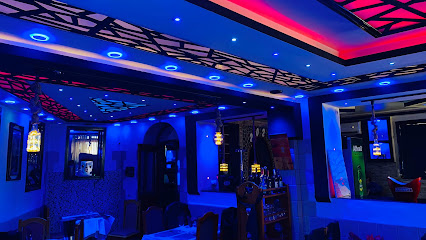
_vida_loca bougie
Discover the vibrant culinary experience at _vida_loca bougie in Béjaïa, where traditional Algerian flavors meet modern dining.
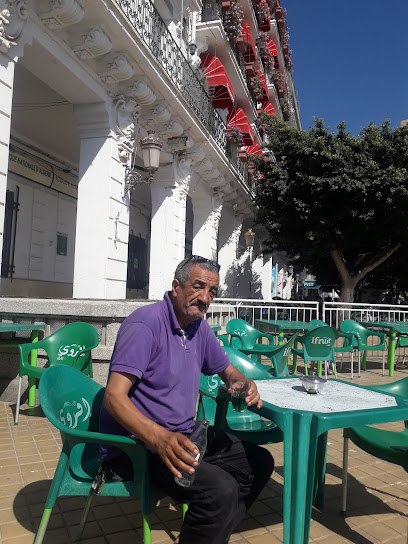
Brunch z
Experience the flavors of Béjaïa at Brunch z, a charming restaurant offering a delightful brunch menu in an inviting atmosphere.
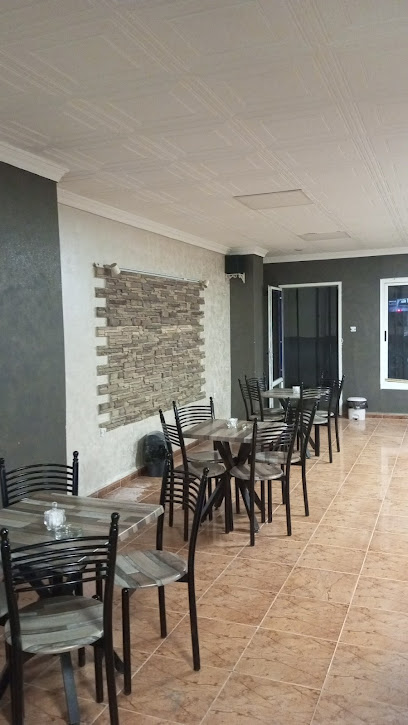
Bar bordele mongala sponsor radio soumam
Experience the vibrant local culture at Bar Bordele Mongala in Béjaïa, where music, drinks, and Algerian hospitality await.

c cv
Discover the vibrant nightlife at Béjaïa's favorite bar, where refreshing drinks and stunning Mediterranean views await.

Local Phrases
-
- HelloAzul
[Azul] - GoodbyeSalam
[Salam] - YesIh
[Ih] - NoAla
[Ala] - Please/You're welcomeAfus
[Afus] - Thank youTanemirt
[Tanemirt] - Excuse me/SorryAsif
[Asif] - How are you?Labas?
[Labas?] - Fine. And you?Lhamdulillah. Ounte?
[Lhamdulillah. Ounte?] - Do you speak English?Te3ref tachlhit?
[Te3ref tachlhit?] - I don't understandUr tefhem
[Ur tefhem]
- HelloAzul
-
- I'd like to see the menu, pleaseNebghi nchouf il menu, afus
[Nebghi nchouf il menu, afus] - I don't eat meatUr nekoulch lhout
[Ur nekoulch lhout] - Cheers!Saha
[Saha] - I would like to pay, pleaseNebghi nbeddel, afus
[Nebghi nbeddel, afus]
- I'd like to see the menu, pleaseNebghi nchouf il menu, afus
-
- Help!Aidez-moi!
[Aidez-moi!] - Go away!Khouf!
[Khouf!] - Call the Police!Sakker il 7aras
[Sakker il 7aras] - Call a doctor!Sakker tabib
[Sakker tabib] - I'm lostNebdou
[Nebdou] - I'm illNemchi3
[Nemchi3]
- Help!Aidez-moi!
-
- I'd like to buy...Nebghi nmchi...
[Nebghi nmchi...] - I'm just lookingAna fach kandir
[Ana fach kandir] - How much is it?Chhal hada?
[Chhal hada?] - That's too expensiveHadak ghalia zid
[Hadak ghalia zid] - Can you lower the price?Wash teda3 il 3ar9?
[Wash teda3 il 3ar9?]
- I'd like to buy...Nebghi nmchi...
-
- What time is it?Ch7al fih?
[Ch7al fih?] - It's one o'clockSa3a wahda
[Sa3a wahda] - Half past (10)Lougha sbaa
[Lougha sbaa] - MorningTilawin
[Tilawin] - AfternoonNwasser
[Nwasser] - EveningTifawt
[Tifawt] - YesterdayTaɛerfet
[Taɛerfet] - TodayDdiman
[Ddiman] - TomorrowTidhamin
[Tidhamin] - 1Yiwen
[Yiwen] - 2Sin
[Sin] - 3Krad
[Krad] - 4Kus
[Kus] - 5Sem
[Sem] - 6Sdis
[Sdis] - 7Sab3a
[Sab3a] - 8Tam
[Tam] - 9Tes3a
[Tes3a] - 10Mara
[Mara]
- What time is it?Ch7al fih?
-
- Where's a/the...?Win at...?
[Win at...?] - What's the address?Ch7al fih l'adresse?
[Ch7al fih l'adresse?] - Can you show me (on the map)?Wash tdirni (ala lkhareeta)?
[Wash tdirni (ala lkhareeta)?] - When's the next (bus)?Ch7al fih il car prochain?
[Ch7al fih il car prochain?] - A ticket (to ....)Billett (ila ...)
[Billett (ila ...)]
- Where's a/the...?Win at...?
History of Bejaia
-
The history of Bejaia dates back to ancient times when it was founded by the Phoenicians as a strategic port. It later became a significant trading hub for the Carthaginians, who expanded its influence across the Mediterranean.
-
Under Roman rule, Bejaia was known as Saldae. It thrived as a prosperous city within the Roman province of Mauretania Caesariensis. The remains of Roman architecture, including baths, amphitheaters, and villas, testify to its historical significance during this period.
-
The arrival of Islam in the 7th century transformed Bejaia into a center of Islamic culture and learning. During the Hammadid dynasty in the 11th century, Bejaia became the capital and experienced significant growth in arts, science, and trade. The city’s mosques and the University of Bejaia attracted scholars from across the Islamic world.
-
In the 12th and 13th centuries, Bejaia was under the control of the Almohad and later the Hafsid dynasties. The city continued to flourish as a key maritime and commercial center, connecting North Africa with Europe and the Middle East.
-
Bejaia came under Ottoman rule in the early 16th century. The Ottomans fortified the city and used it as a base for their naval operations in the Mediterranean. The remnants of Ottoman architecture, including forts and defensive walls, can still be seen in Bejaia today.
-
In 1833, Bejaia was captured by the French, marking the beginning of a new era. Under French colonial rule, the city experienced significant modernization. Infrastructure such as roads, schools, and ports were developed, transforming Bejaia into an important colonial administrative center.
-
Bejaia played a crucial role in the Algerian War of Independence against French rule from 1954 to 1962. The city witnessed numerous battles and uprisings as Algerian nationalists fought for liberation. The war left an indelible mark on Bejaia's history and its people.
-
Following Algeria's independence in 1962, Bejaia emerged as a vital economic and cultural hub. The city's rich historical heritage, coupled with its natural beauty, has made it a popular destination for tourists. Bejaia continues to blend its ancient past with modern development, offering a unique experience to visitors.
Bejaia Essentials
-
Bejaia is located on the Mediterranean coast of Algeria. The closest international airport is Soummam – Abane Ramdane Airport (BJA), which is approximately 5 kilometers from the city center. There are direct flights to Bejaia from major cities in Algeria, as well as some international destinations. From the airport, you can take a taxi or a bus to the city center. Alternatively, you can reach Bejaia by train or bus from Algiers, which is about 220 kilometers away, or from other major cities in Algeria.
-
In Bejaia, getting around is fairly straightforward. Taxis are plentiful and relatively inexpensive. Make sure to agree on a fare before starting your journey, as metered taxis are not common. Public buses are available and cover most parts of the city, but they can be crowded. For a unique experience, consider taking a local ferry along the coast. Car rentals are also available if you prefer to explore the region at your own pace.
-
The official currency in Algeria is the Algerian Dinar (DZD). Credit cards are accepted in some hotels, restaurants, and shops, especially in the city center, but it is advisable to carry cash for smaller establishments and markets. ATMs are available in Bejaia, and it is wise to withdraw enough cash for your daily needs. Currency exchange services can be found at the airport, banks, and some hotels.
-
Bejaia is generally safe for tourists, but it is recommended to take standard precautions. Avoid walking alone at night in unfamiliar areas and stay vigilant in crowded places to prevent pickpocketing. Specific areas such as the poorer districts on the outskirts of the city should be avoided, especially after dark. Always keep an eye on your belongings and avoid displaying valuables openly.
-
In case of emergency, dial 14 for police assistance, 17 for the gendarmerie, and 16 for medical emergencies. Bejaia has several hospitals and clinics where you can receive medical care. It is recommended to have travel insurance that covers medical emergencies. Pharmacies are available in the city for minor health issues and over-the-counter medications.
-
Fashion: Do dress modestly, especially when visiting religious sites. Avoid wearing revealing clothing. Religion: Do respect local customs and traditions. Dress conservatively when visiting mosques and religious sites. Public Transport: Do be respectful and patient on public transport. Avoid eating or drinking on buses and taxis. Greetings: Do greet people with a handshake. A friendly 'Salam' (Peace) is a common greeting. Eating & Drinking: Do try local delicacies and accept food offerings graciously. Don't refuse hospitality, as it is considered impolite.
-
To experience Bejaia like a local, visit the local markets such as Souk El Fellah, where you can find fresh produce and traditional Algerian goods. Engage with locals, who are often friendly and eager to share stories about the city's history and culture. Don't miss visiting the historic Kasbah and the stunning beaches along the Mediterranean coast. For a unique experience, hike up to the Yemma Gouraya mountain for a panoramic view of the city and the sea.
Trending Landmark in Bejaia
Nearby Cities to Bejaia
-
Things To Do in Setif
-
Things To Do in Tizi Ouzou
-
Things To Do in Constantine
-
Things To Do in Algiers
-
Things To Do in Annaba
-
Things To Do in Palma de Mallorca
-
Things To Do in Tozeur
-
Things To Do in Bizerte
-
Things To Do in Tunis
-
Things To Do in Hammamet
-
Things To Do in Sousse
-
Things To Do in Alicante
-
Things To Do in Oran
-
Things To Do in Monastir
-
Things To Do in Sfax










